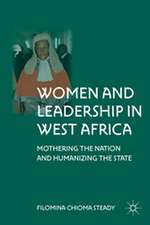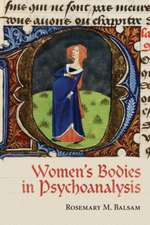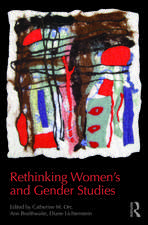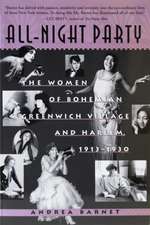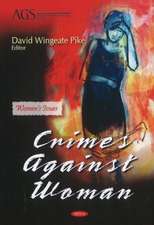Black Women Undergraduates, Cultural Capital, and College Success: Higher Ed: Questions about the Purpose(s) of Colleges and Un, cartea 20
Autor Cerri A. Banksen Limba Engleză Paperback – 11 oct 2009
Preț: 364.36 lei
Nou
Puncte Express: 547
Preț estimativ în valută:
69.74€ • 75.78$ • 58.62£
69.74€ • 75.78$ • 58.62£
Carte tipărită la comandă
Livrare economică 21 aprilie-05 mai
Preluare comenzi: 021 569.72.76
Specificații
ISBN-13: 9781433102110
ISBN-10: 1433102110
Pagini: 192
Dimensiuni: 149 x 226 x 12 mm
Greutate: 0.29 kg
Ediția:Nouă
Editura: Peter Lang Gmbh, Internationaler Verlag Der W
Seria Higher Ed: Questions about the Purpose(s) of Colleges and Un
ISBN-10: 1433102110
Pagini: 192
Dimensiuni: 149 x 226 x 12 mm
Greutate: 0.29 kg
Ediția:Nouă
Editura: Peter Lang Gmbh, Internationaler Verlag Der W
Seria Higher Ed: Questions about the Purpose(s) of Colleges and Un
Notă biografică
The Author: Cerri A. Banks, Dean of William Smith College and Assistant Professor of Education at Hobart and William Smith Colleges, received her Ph.D. in cultural foundations of education from Syracuse University. Specializing in sociology of education, cultural studies, multicultural education, and qualitative research, Banks draws from critical pedagogy, educational theory, feminist theory, and critical race theory in her scholarship and teaching.







